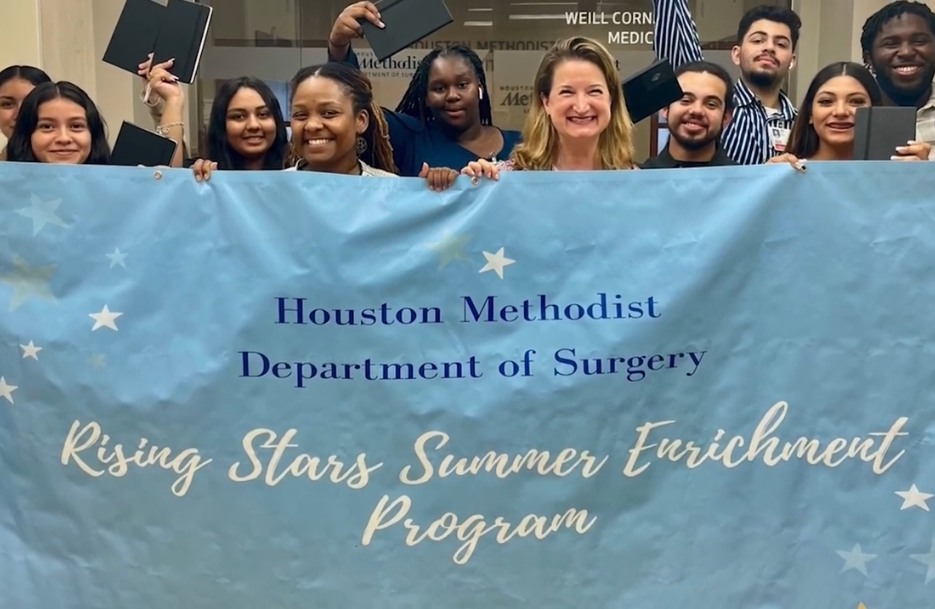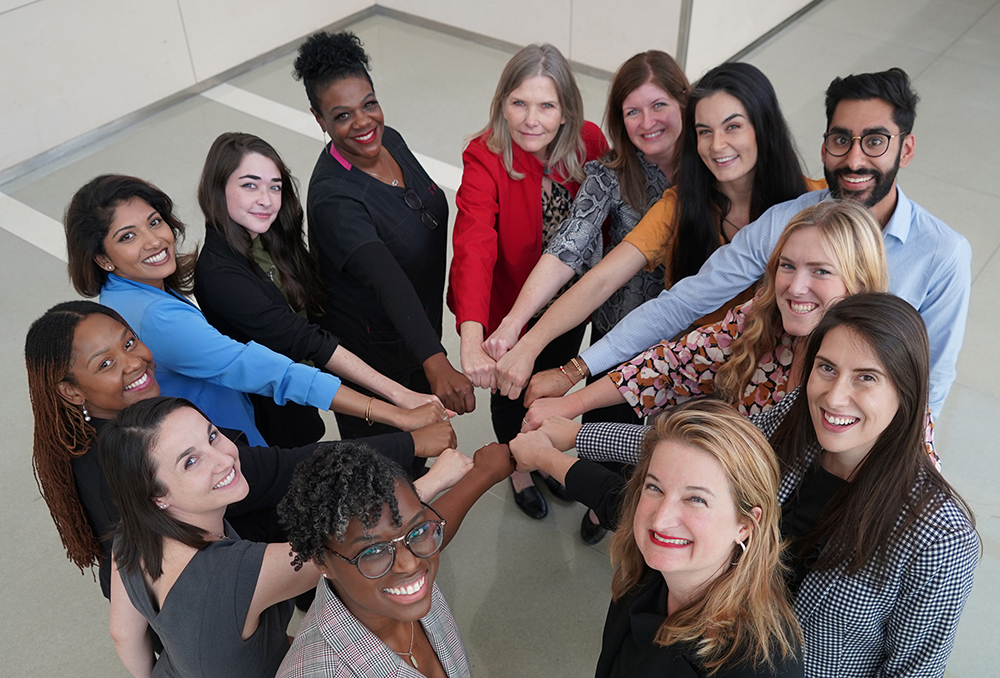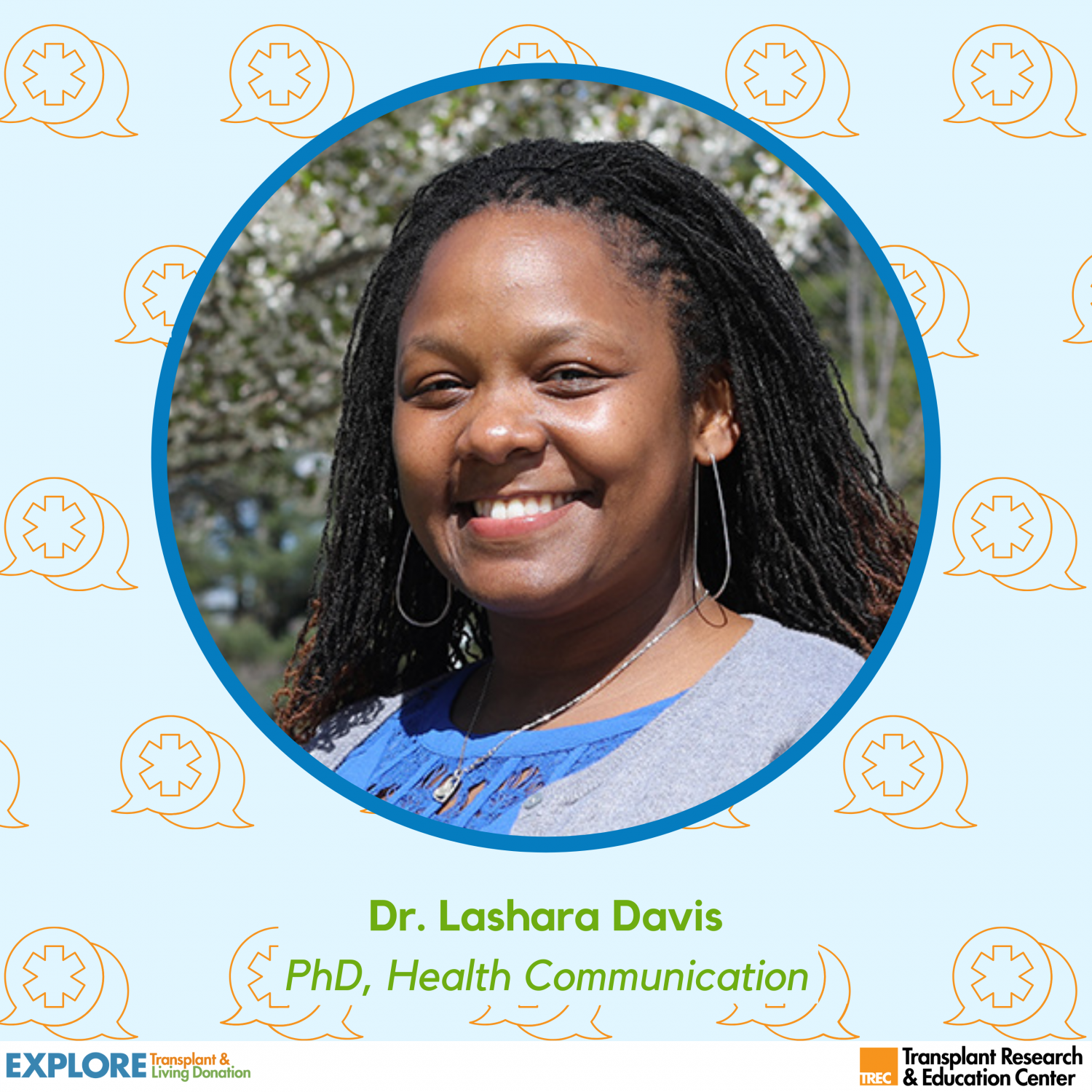Are you interested in learning about Artificial Intelligence and Machine Learning: How Can it Help Improve Transplant Care? Click the link below. At the conclusion of this session, participants should be able to: • Identify how to apply artificial intelligence and machine learning to develop risk indices to predict transplant success. • Distinguish characteristics of kidney patients more likely to drop out of transplant evaluation. • List 3 structural and community-level factors that are associated …
Our lab celebrates the Rising Stars program
Healthcare institutions must develop new approaches to educate and inspire a diverse group of individuals to seek careers in healthcare. The Rising Stars Summer Enrichment program at Houston Methodist was developed to increase the confidence of high school students from disadvantaged backgrounds to pursue careers in medicine and to build a pipeline for supporting these individuals. Listen to Dr. Waterman and the students discuss the program and how it’s working!
2022: A year of transition
The research team representing the Patient Engagement and Research Lab, now based in Houston, Texas, ends the year very grateful to be together. Thanks to the support and mentorship of Drs. Osama Gaber, Chief of Surgery at Houston Methodist Hospital, and Mark Ghobrial, Medical Director of Transplant Center, Dr. Amy Waterman was recruited to Houston Methodist Hospital and J.C. Walter Jr. Transplant Center to establish a broader Patient Engagement and Research Lab to advocate for …
TREC partners with Transplant Recipients International Organization to launch the Post-Transplant Cancer Project
By Erica Ho, Senior Research and Education Associate Post-transplant cancer (PTC) is one of the leading causes of death among organ and tissue transplant recipients. This is because the immunosuppressive medicines recipients need to take to prevent graft rejection weakens their immune system, increasing their risk of developing cancer by 2-3 times compared to the general population.1 However, many cancers, if detected early enough, can be treated and transplant recipients can continue living long and …
The pivotal role of health communications in organ transplant and living donation with Dr. LaShara Davis
By: Alice Yang, Intern & Grace Kim, Research Associate The field of health communication is one that is often overlooked by other researchers but not by Dr. LaShara Davis. Her introduction to the health communication field happened serendipitously after a couple of changes in career paths and prospects. She began her journey as a psychology major, hoping to go into some sort of therapy in the future. However, when she stumbled across the field of …





